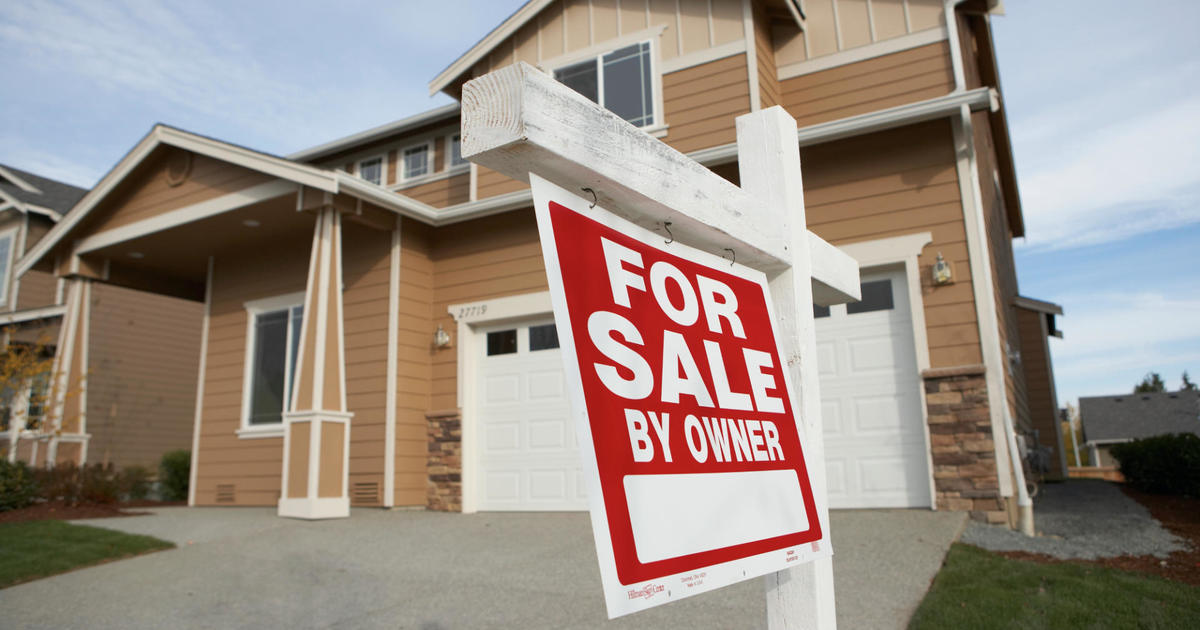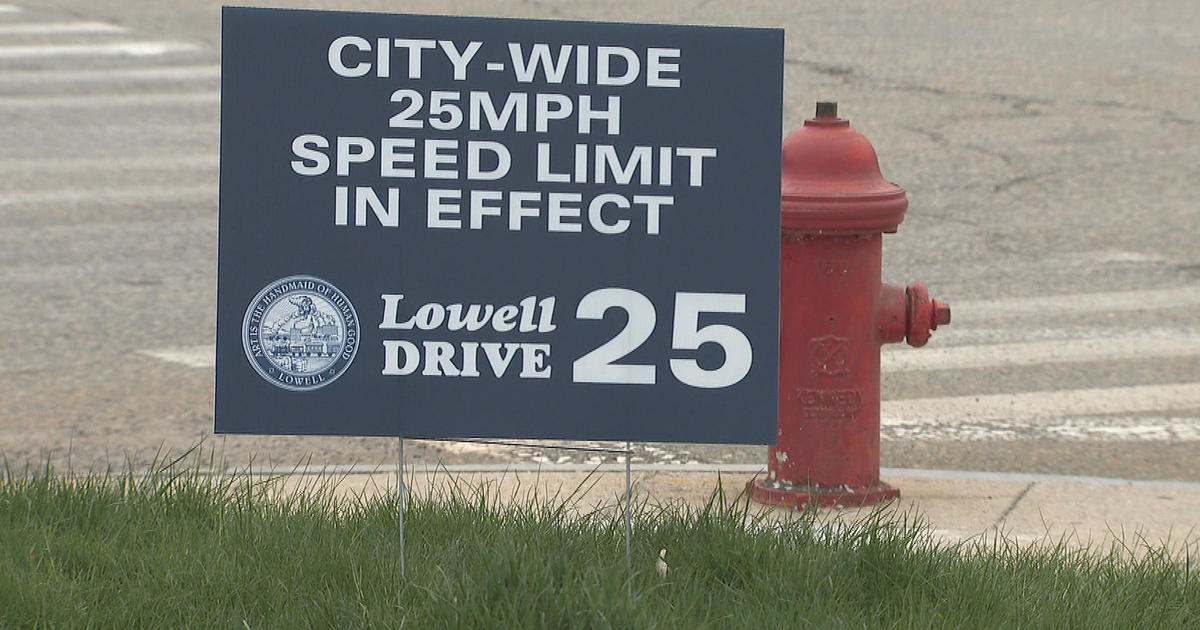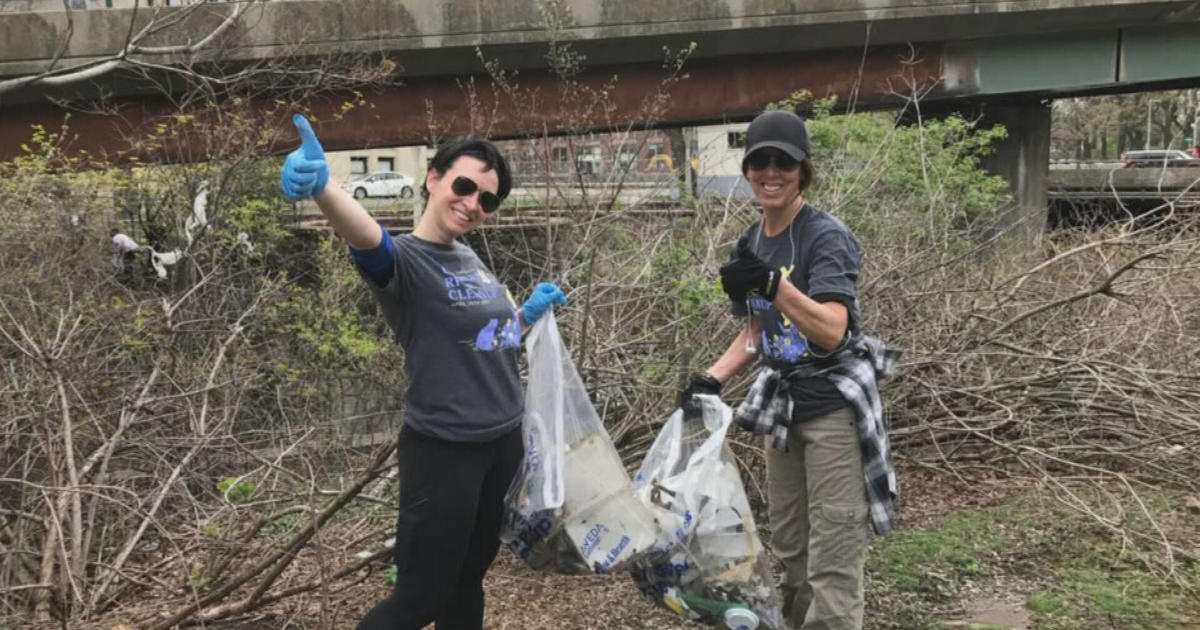Court: Mass. Candidates Have Right To Meet Voters Outside Supermarkets
BOSTON (AP) — Candidates for public office in Massachusetts have the right to collect nominating signatures outside supermarkets, the highest court ruled Friday in a decision that expands the rights of candidates on commercial private property.
The Supreme Judicial Court ruled that Steven Glovsky was able to show that he had a right to collect signatures outside a Roche Brothers supermarket under a section of the state constitution that guarantees equal access to the ballot.
In 2012, Glovsky, then a candidate for a seat on the Governor's Council, sued after the manager of a Roche Bros. store in Westwood said he could not collect signatures.
A Superior Court judge dismissed Glovsky's lawsuit, and the high court heard his appeal.
In its ruling, the SJC expanded the reach of a 1983 decision, which found that a political candidate has the right to solicit nomination signatures in the common areas of the Northshore Mall. The court found then that large malls are public gathering places that have taken the place of traditional downtowns, so candidates have the right to collect signatures in common areas.
The SJC said in its ruling Friday that it disagrees with Roche Brothers' argument that privately owned land just outside the entrance to a supermarket should be considered differently than the common areas of a shopping mall.
"In many rural and suburban communities , the local supermarket may serve as one of the few places in which an individual soliciting signatures would be able to approach members of the public in large numbers," Justice Fernande "Nan" Duffly wrote for the majority.
Glovsky said he's thrilled with the decision.
"Now candidates will be able to stand in front of their local supermarket and gather nominating signatures freely and with peace of mind in doing so," Glovsky said. "That is a tremendous result and benefit for all future people interested in getting involved in state politics."
Roche Brothers declined to comment.
The 18-store supermarket chain, based in Wellesley, argued that state law does not grant a general right to collect signatures on private property and courts in other states have agreed.
"The overwhelming consensus among courts that have considered this issue is that though individuals may have a constitutional right to solicit or engage in political activity at a large mall, they do not have the same right at a private supermarket over the store owner's objections," attorneys for Roche Brothers argued in a legal brief.
Justice Robert Cordy crafted a strongly worded dissenting opinion.
"It is clear that there is a meaningful difference between large shopping malls, which consistently have been deemed places where a solicitation right may not be infringed, and free-standing supermarkets, which consistently have been deemed places where such rights are not protected," Cordy wrote.
Industry groups supported the position of Roche Brothers, arguing that the high court's 1983 ruling applied only to large shopping malls, where the public is encouraged to shop and gather in large numbers.
John Pagliaro, a staff attorney for the New England Legal Foundation, said the SJC "has isolated itself by sanctioning precisely the kind of invasion of private property rights rejected firmly by other state and federal courts."
"It is a very disappointing decision for Massachusetts store owners who, with this decision, may lose their right, otherwise guaranteed under the United States Constitution, to prevent political activity on their own property," Pagliaro said.
Copyright 2014 The Associated Press. All rights reserved. This material may not be published, broadcast, rewritten or redistributed.
MORE LOCAL NEWS FROM CBS BOSTON



